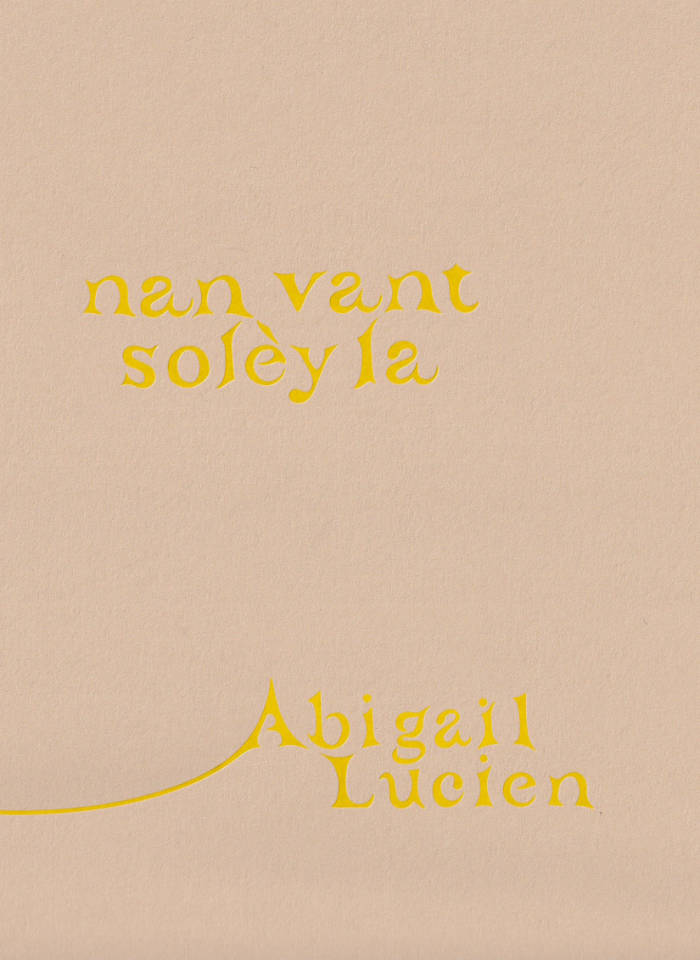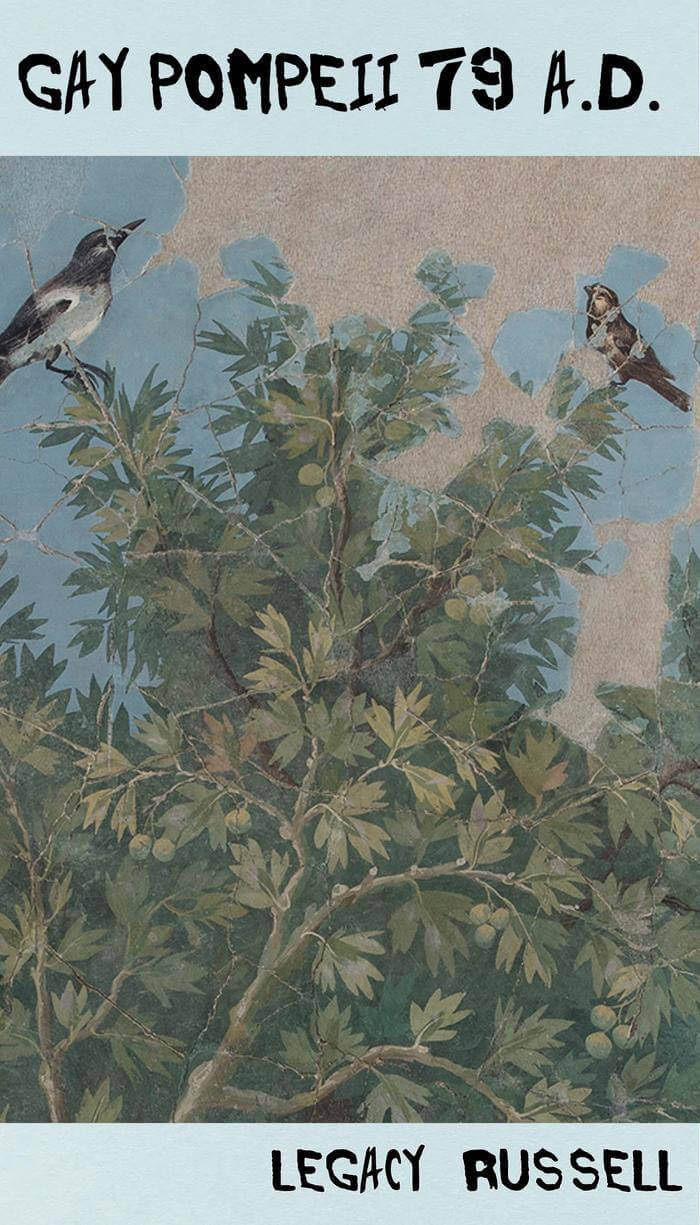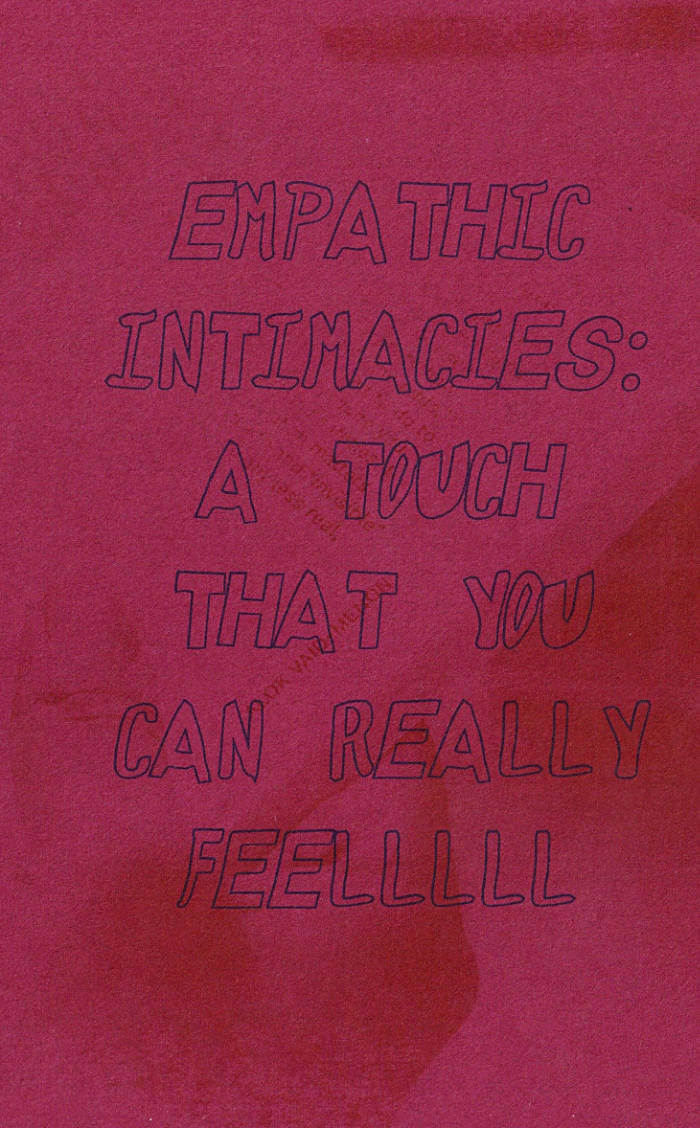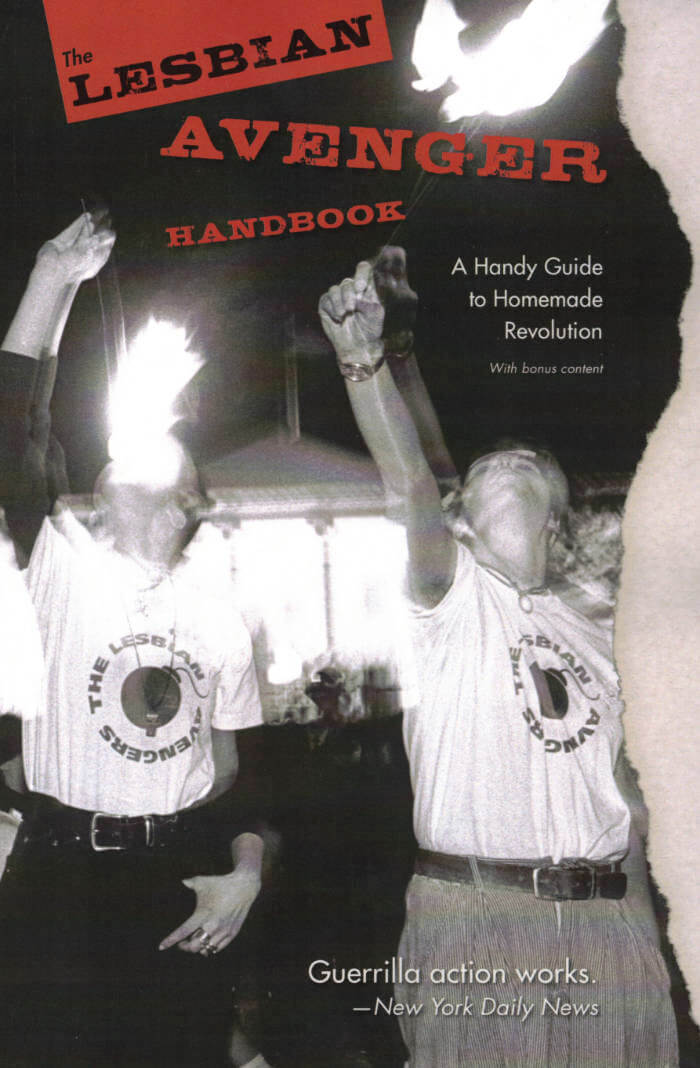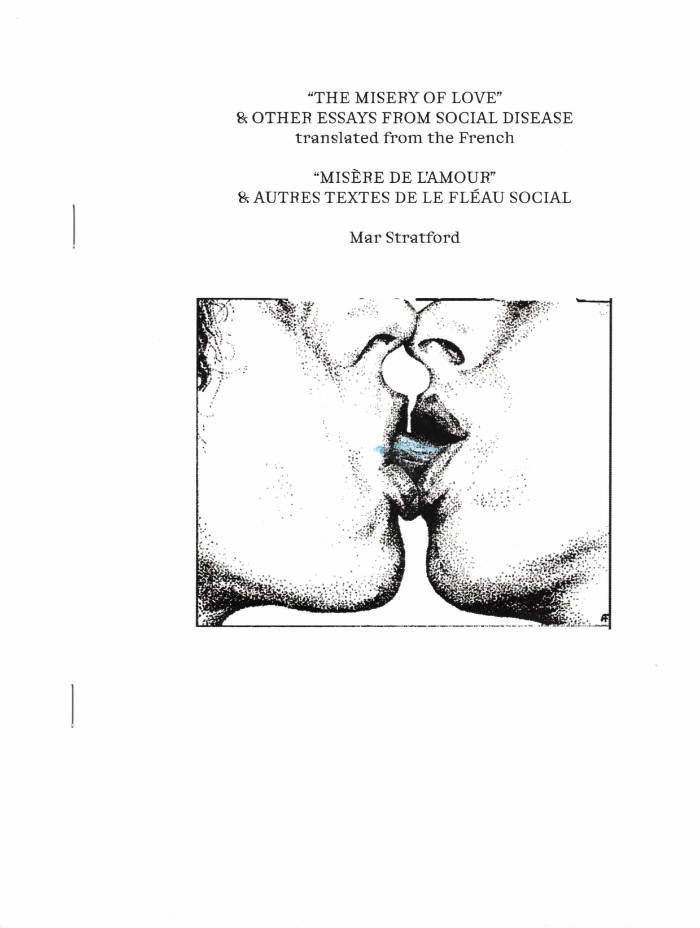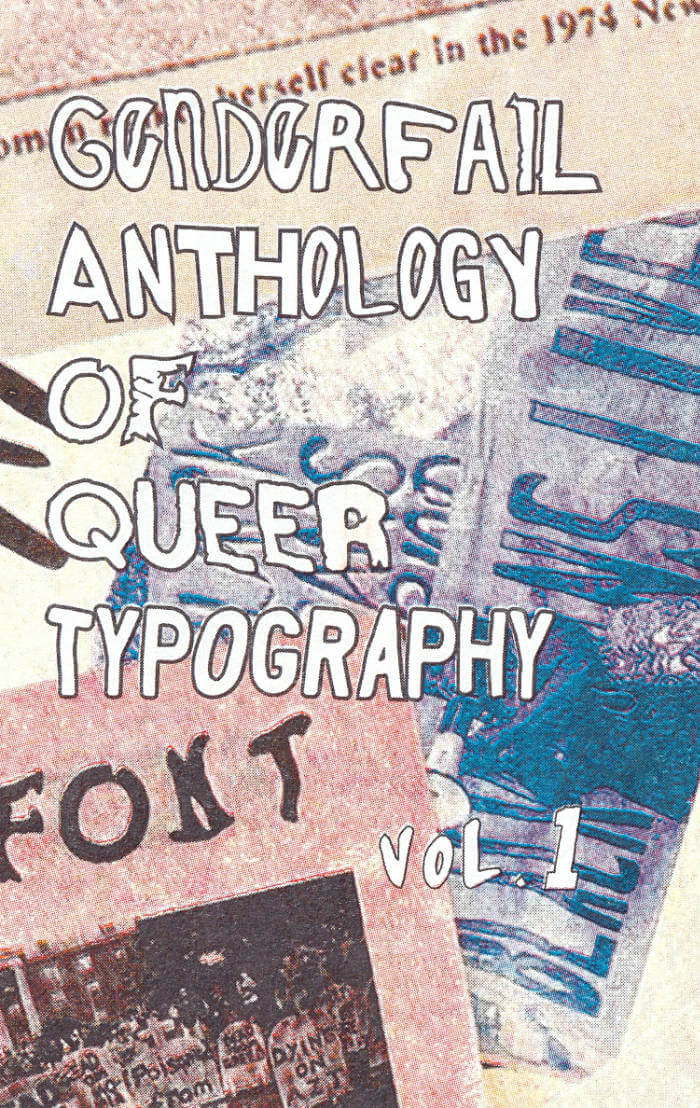
GenderFail Anthology of Queer Typography Vol.1
GenderFail Anthology of Queer Typography Vol.1 is the first volume in a series of publications, workshops, and programs exploring queer and trans exploration and experiments in typography. This first volume focuses on GenderFail's ongoing typographic series of fonts created from the hand letters of protest signs from historical and contemporary acts of resistance centering the voices of queer, trans, black, and other marginalized voices.
This first volume also features a reprinting of Paul Soulellis's What is Queer Typography? that acts as both the forward to this anthology and the series in general. Soulellis first printed this text as a fundraiser for Queer.Archive.Work to help raise urgent funds for the organization. GenderFail is humbled to be able to reprint this work and have it included as a seminal text in this anthology series exploring non-dominant modes of typographic exploration.
This third edition features a four-color risograph printed cover and new sections showing open-source examples of the fonts.
